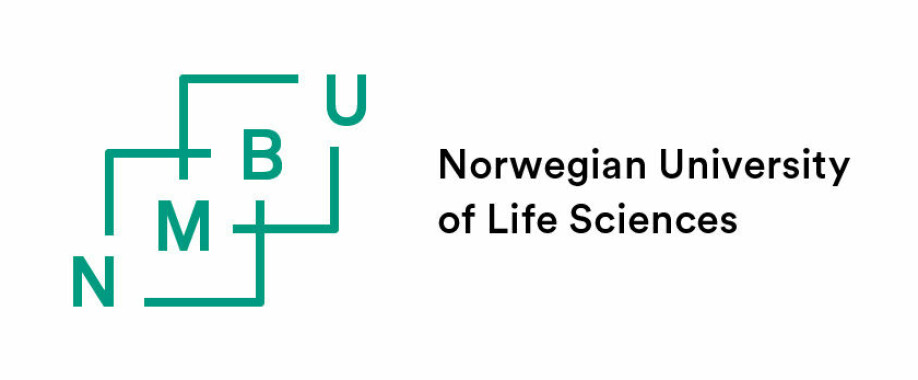Ledig stilling ved NMBU
Postdoctoral fellow within Bacillus cereus spore appendages
Deadline: 24.01.2020
We are seeking a highly motivated person who wants to study molecular characterization of surface structures on Bacillus cereus spores in a highly collaborative team
About the position

The Department of Food Safety and Infection Biology (MatInf), Faculty of Veterinary Medicine at the Norwegian University of Life Sciences (NMBU) has a vacant two-year postdoctoral fellow position within molecular microbiology available from January 2020. The position is financed by the Department of Food Safety and Infection Biology.
ProjectSome Gram-positive bacterial species form extremely resistant spores, whose function is to ensure the bacteria's survival through periods that are not favorable for growth. Bacterial spores resist and survive the most extreme stress conditions such as high temperature, high pressure, biocides, UV and gamma irradiation, and spore-forming bacteria are important agents of food spoilage and of food-borne diseases.
They can be regarded as super survivors in the bacterial world as they can survive without nutrients and water for at least hundreds of years. Spores of Bacillus cereus carry long hair-like protrusions (appendages) on the surface, however, the composition, genetic background and biological function of these complex structures are still unknown.
An ongoing project at MatInf aims to characterize the composition and function of the appendages and the postdoctoral fellow will contribute to these studies. The knowledge will be used for development of new strategies for handling spore-related problems within medicine as well as in food production.
Main tasks
The main hypothesis of the project is that the spore appendages are built by a unique biologic machinery during bacterial sporulation and that they have an important function regarding adhesion to both biological and non-biological surfaces, as well as during biofilm formation.
The goal of the project will be to generate new knowledge about the biological and mechanical properties of the spore appendages. The postdoctoral fellow will participate in
- planning of the project
- performing lab experiments
- analyzing, interpreting and presenting results (orally and in written form)
The main purpose of the post-doctoral position is to qualify for work in high-level scientific positions. A PhD degree is required.
Qualification requirements, desired experiences, knowledge and personal qualities
Required Academic qualifications
- A PhD in molecular microbiology
- The ability and motivation to work independently in lab
- Hands-on experience with molecular biology techniques
- Knowledge of bioinformatic software
- Excellent written and oral English communication skills
The following experiences and skills will be emphasized:
- Hands-on experience with fluorescent microscopy and/or EM
- Hands-on experience with protein purification and bacterial adhesion studies
- Experience with endospore-forming bacteria
Personal characteristics
- High degree of motivation and creativity
- High work capacity
- Good cooperative skills
Remuneration and information
The position is placed in government pay scale position code 1352 Postdoctoral Fellow, wage framework 24 (salary grade 59-70) (NOK 523.200- 640 200), depending on qualifications. Seniority Promotion in position.
For further information, please contact:
- Ass. Prof. Toril Lindbäck, phone: +47 97982726, e-mail: toril.lindback@nmbu.no
general Information to applicants
Application
To apply online for this vacancy, please click on the 'Apply for this job' button above. This will route you to the University's Web Recruitment System, where you will need to register an account (if you have not already) and log in before completing the online application form.
Application deadline: 24.01.2020
Up to ten publications selected by the applicant as most relevant must be attached to the application. If it is difficult to identify the contribution of the applicant in multiple-author publications, a short explanation about the applicant’s part of the work is suggested.
Printed material which cannot be sent electronically should be sent by surface mail to Norwegian University of Life Sciences, Faculty of Veterinary medicine, P.O. Box 369 Sentrum NO-0102 Oslo, within 24.01.2020. Please quote reference number 19/05420.
Applicants invited for an interview will be asked to present verified copies of diplomas and certificates.






